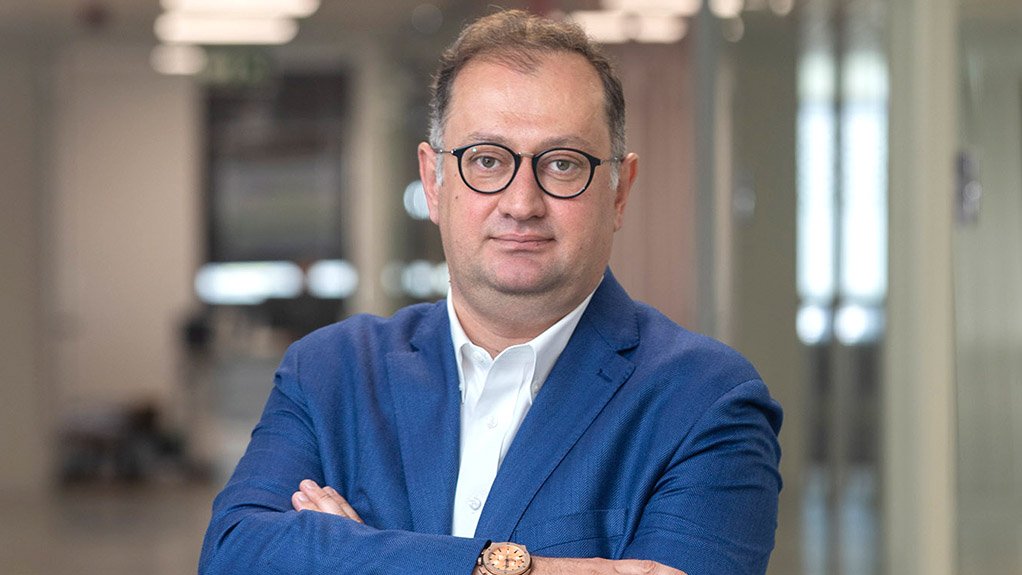Coal and manganese mining group Menar MD Vuslat Bayoğlu has pushed back on a request by Energy and Electricity Minister Kgosientsho Ramokgopa’s special adviser Silas Zimu for domestic coal suppliers to State-owned utility Eskom to lower their prices for the next three years in order for the utility to decrease the tariff increases it has applied for.
Speaking at nonprofit organisation FFF Carbon’s 2024 Middelburg Coal Conference in Mpumalanga, on October 17, Bayoğlu acknowledged that there was a need for affordable electricity, but said it was impossible for miners to lower coal prices owing to stringent and expensive new mining safety requirements.
“Without cheap power, we are doomed. If Eskom stops, then we are in trouble. We need Eskom [to be] successful no matter what, whichever party is running Eskom, [it] doesn't matter. But Eskom also needs to support us. Mining in South Africa is becoming very expensive.
“This needs to be discussed with the Minister, because they're bringing new rules, new blasting rules, new rules with the equipment, which helps out on the safety side of things, but it becomes very, very expensive.
“So if it's costing me more, and if you're telling me, no, don't give me [an] increase for three years, it's not going to work, and I'm going to end up losing money. Then you're going to lose me,” Bayoğlu said.
Earlier in the day, Zimu had suggested that domestic coal suppliers should hold off on their price increases to stave off Eskom’s proposed 36.15% increase for the next three years, promising extended contracts in return.
“You can't allow that 36% now. You are part of the 36% increase, and it’s hitting us in our pockets,” he said, noting that as much as 65% of the tariff increase was directly attributable to an increase in the coal asking price.
Bayoğlu did not deny this but said further discussion was needed between the relevant Ministers and industry stakeholders, as he believed domestic coal suppliers would go out of business if they were to implement a delayed price increase as requested.
He added that, if the coal industry in South Africa were to be scuppered, it would cause a domino effect that would threaten to topple the entire economy, partly because up to 78.5% of the country’s electricity still depended on coal, and partly because major domestic industries such as the steel and cement industries also largely depended on coal.
“South Africa's steel industry needs coal and it employs 360 000 people. We can't afford not to have a steel industry . . . Imagine a country like South Africa without making steel, without making cement. It's a joke,” he said.
Bayoğlu claimed that, even with Eskom’s proposed 36.15% tariff increase, South Africa would still have cheaper power than many other countries.
“With the establishment of Eskom in 1923 the whole country changed, because now we had power. We had cheap power. I think we still have cheap power. [Also], coal is a big revenue earner for South Africa.
“The reality is [that] renewable energy is never going to be able to supply the baseload. And if you look at South Africa's energy mix, it's dominated by coal,” he said.
Edited by: Chanel de Bruyn
Creamer Media Senior Deputy Editor Online
EMAIL THIS ARTICLE SAVE THIS ARTICLE
ARTICLE ENQUIRY
To subscribe email subscriptions@creamermedia.co.za or click here
To advertise email advertising@creamermedia.co.za or click here













